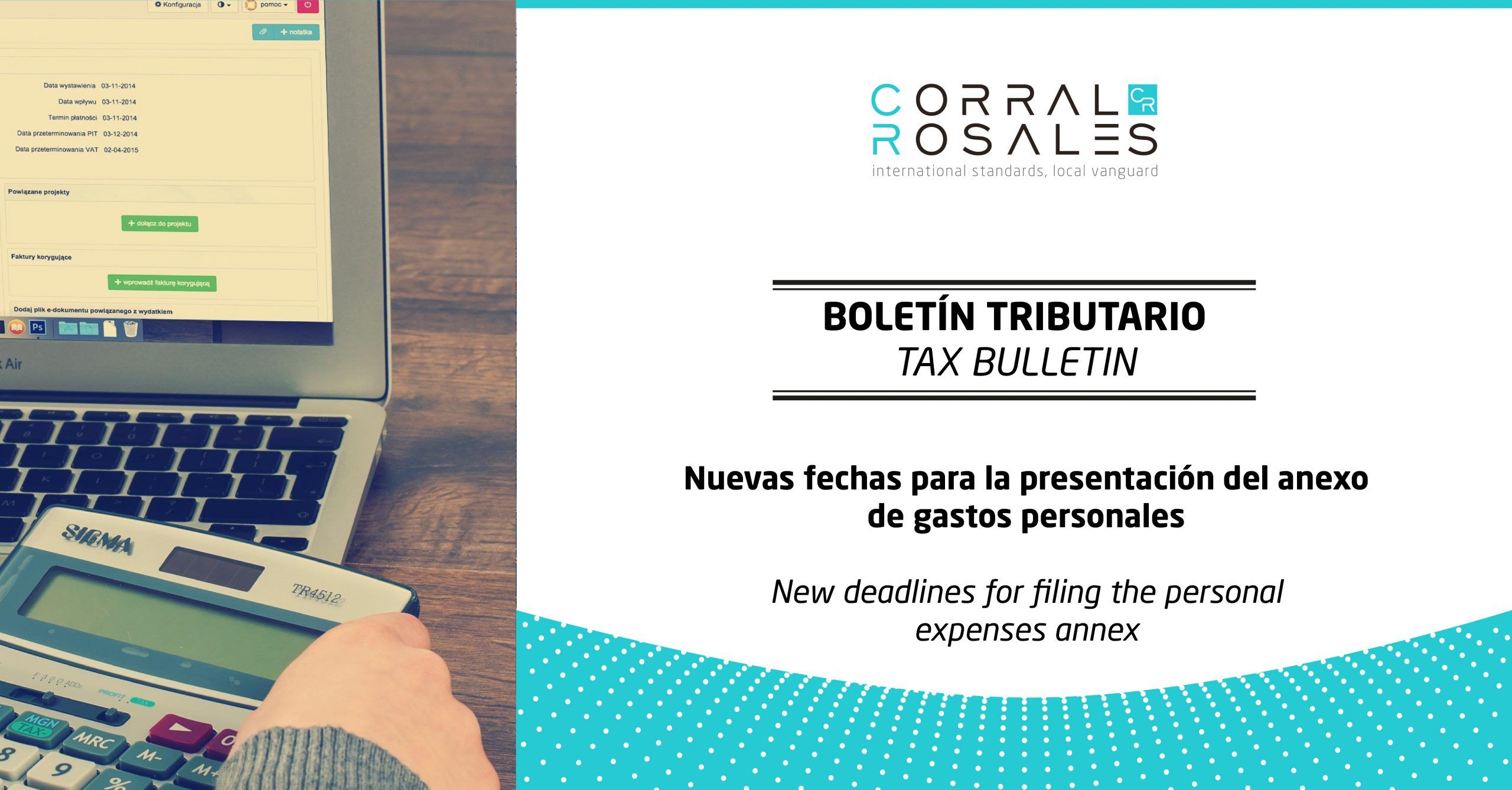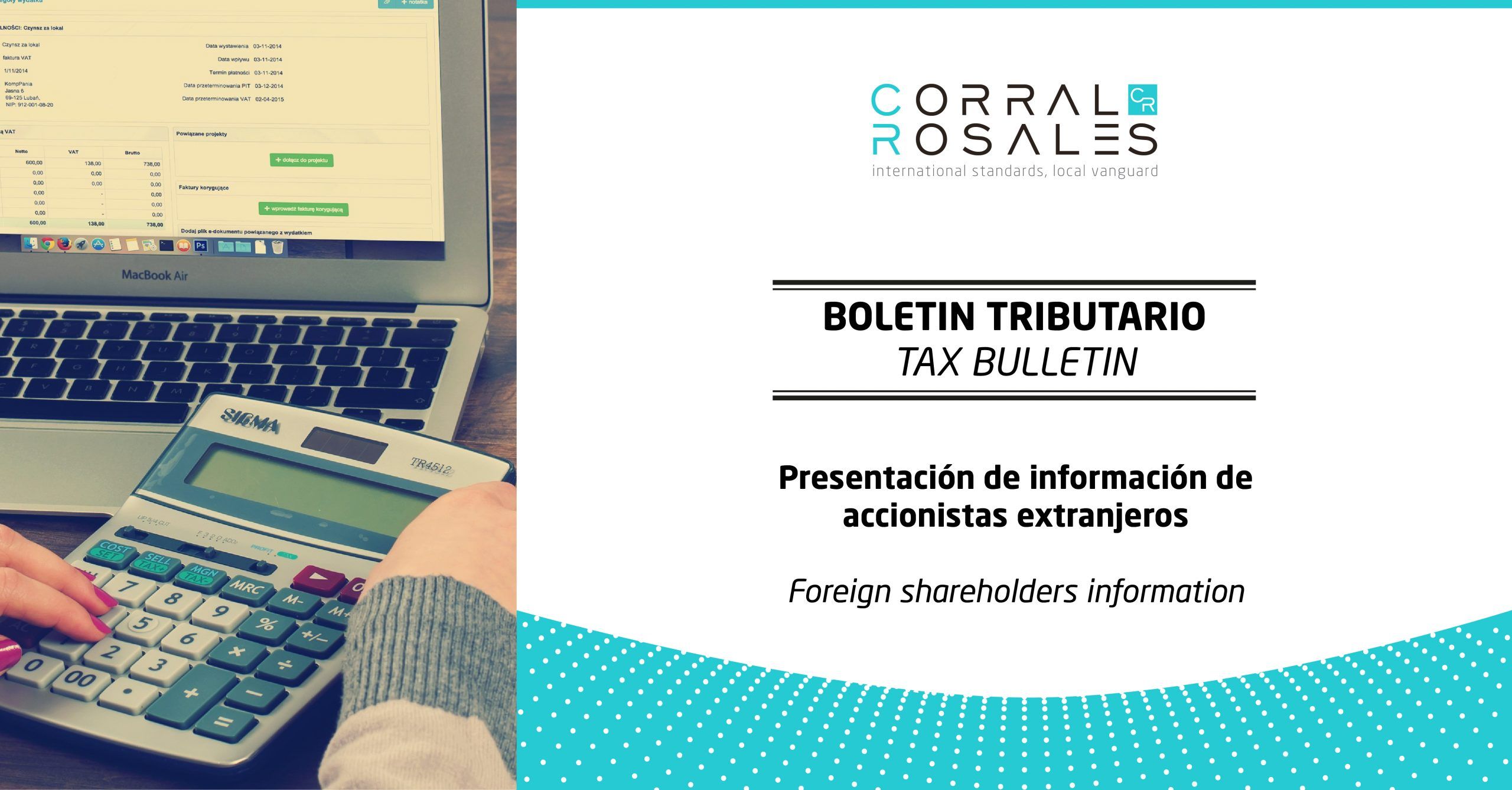DETAILS
MEDIA: Idealex
“ExpoMembers,” the virtual fair organized by the Ecuadorian-German Chamber of Industries and Commerce (AHK), took place in February. Some of our lawyers have been able to participate in the event, and Idealex has echoed the news.
Andrea Moya- partner of the firm and specialist in International Tax Law, Rafael Serrano- senior associate and director of the Data Protection area, and Marta Villagómez- an associate specialist in the Labor Law area, spoke from different perspectives of Law at the opening of the event on “How to do business in Ecuador? A legal analysis from the corporate, labor, tax and customs perspective.”
Each of the lawyers presented their point of view from the area of specialization that they lead. So, Rafael Serrano stated that “the main benefits of investing are the low inflation rate concerning the US dollar; and a good transport infrastructure, which facilitates the mobility of goods and services. There is also a network of commercial and double taxation agreements ”.
He also added the legal regime in Ecuador as another of the main advantages due to laws that “facilitate, promote, and protect investment.”
From another angle and referring to the corporate area, he added that there is a company law that admits that foreign investment does not need express authorization from the control body and the appearance of Simplified Corporations.
Marta Villagómez analyzed some novelties related to the implementation of new employment contracts that are less rigid than the permanent one, such as that of entrepreneurs, work or service, and productive sectors. With these, it will be possible to “establish deadlines, analyze conditions” and thus “use the one that suits the needs of each company.”
She affirmed that companies must grant job stability to their employees and comply with the minimum wage and the corresponding working hours.
Finally, Villagómez included that there must be a mutual agreement between both signing parties; wait for the expiration term or notify the worker 15 days in advance; the Ministry of Labor must authorize it, and the employee has to be compensated after dismissal to finalize a labor contract ”.
Andrea Moya explained that companies are subject to three taxes: “income, which is equivalent to 25 to 28% of the investment; added value, which corresponds to 12%; and exit of currencies, which is 5% of the total amount”.
However, and in conclusion, there are some incentives that help those who want to invest in Ecuador, such as the general incentive, by economic sector, by tourist area, by ZEDE (Special Economic Development Zone), and by APP (Public Associations- Private and Foreign Investment).












